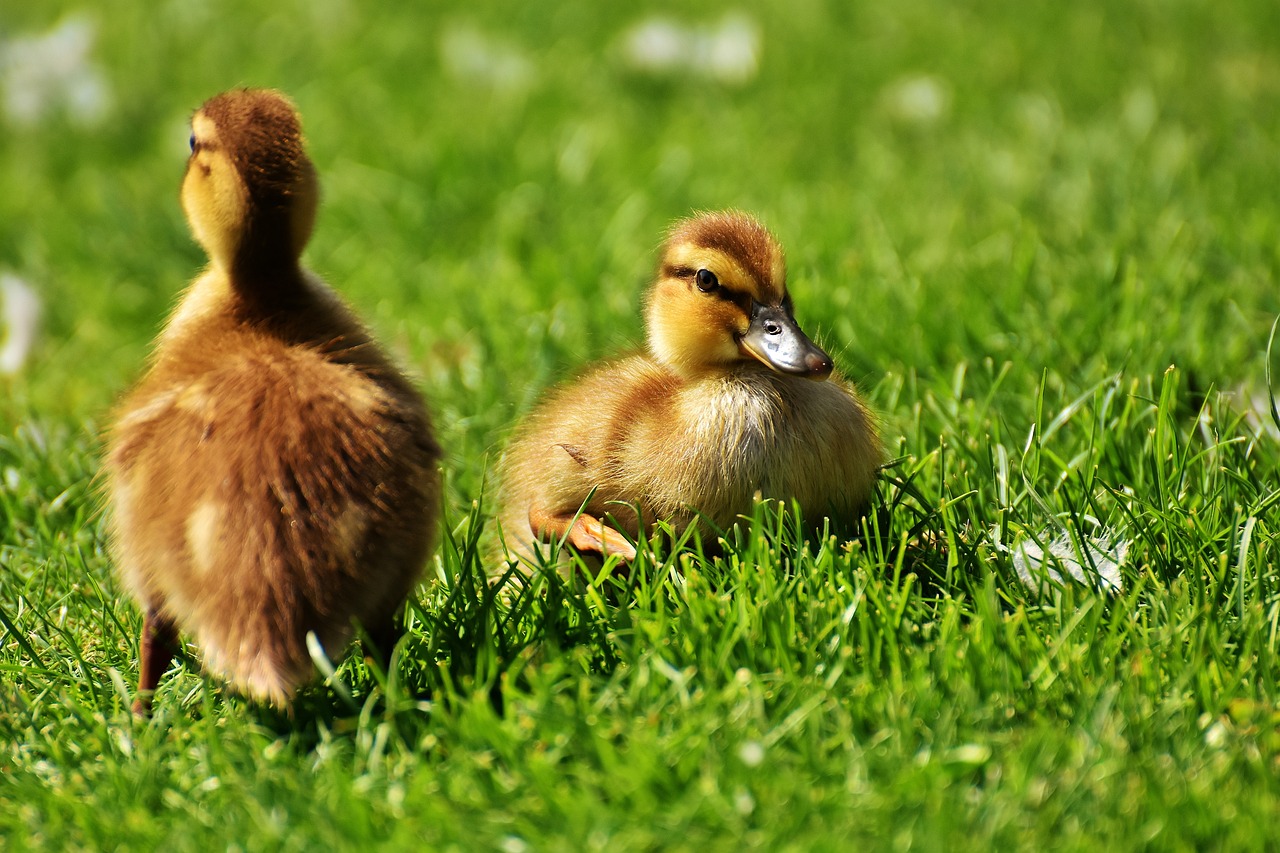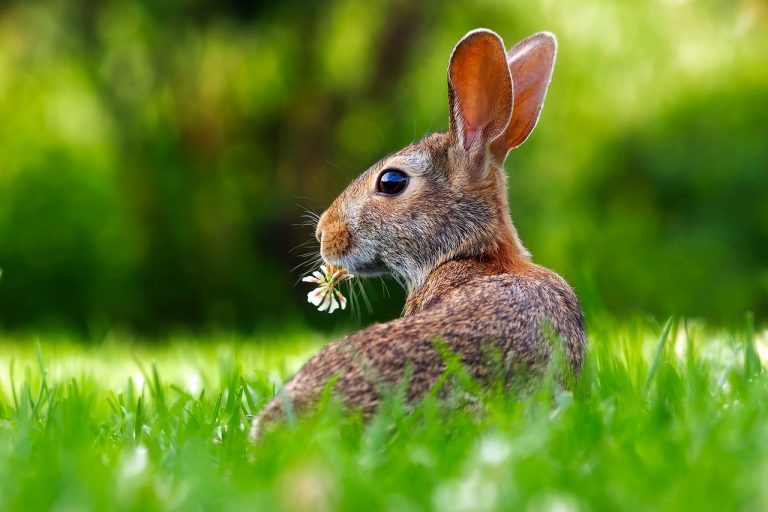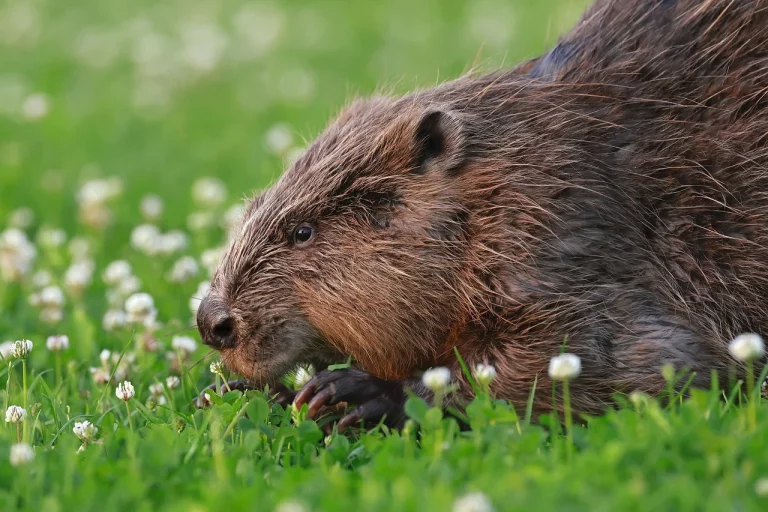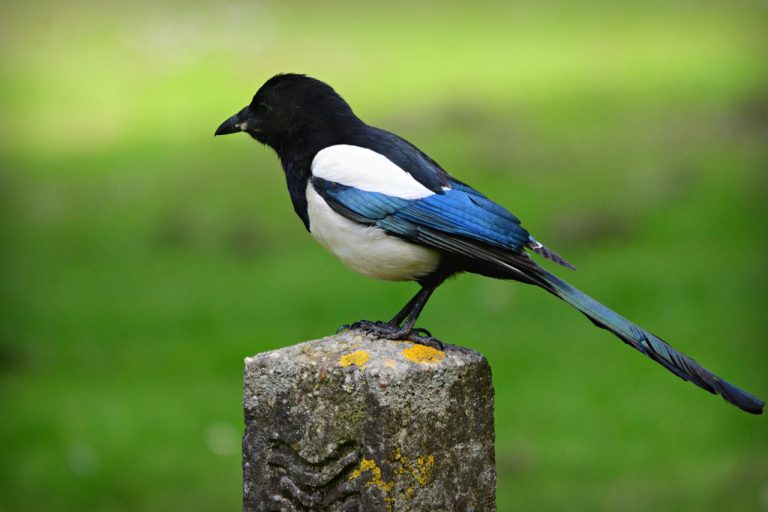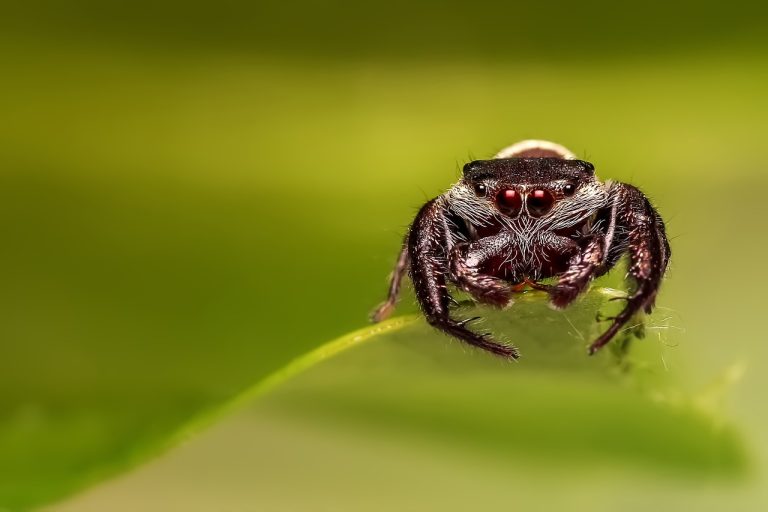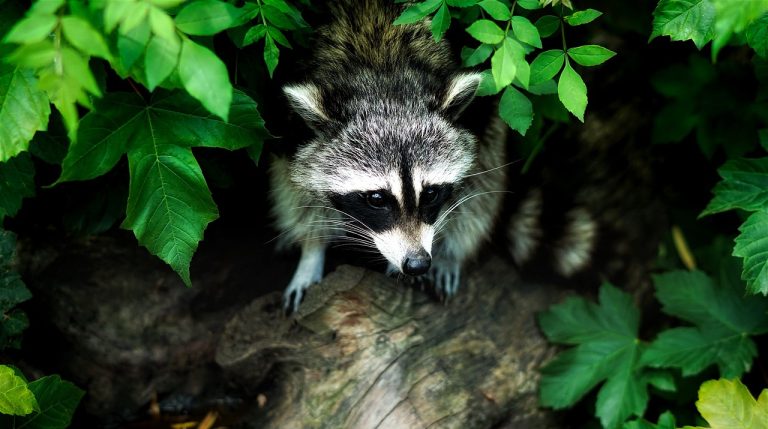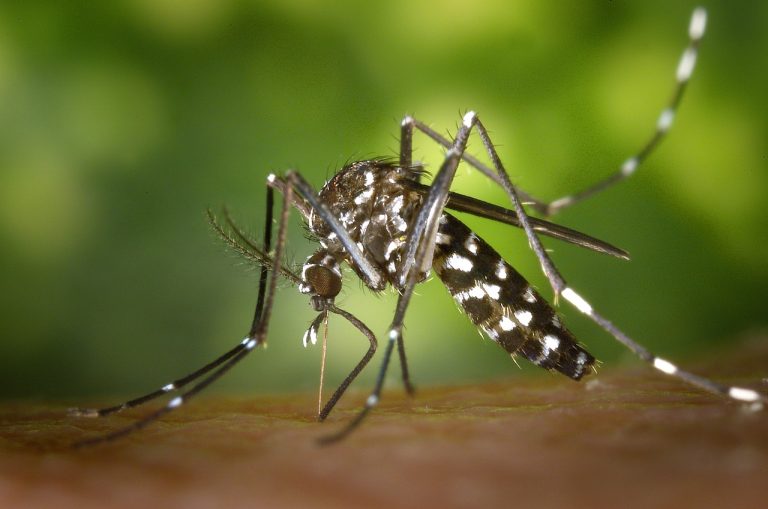CAN DUCKS EAT CELERY (4 important facts)
“When it comes to the culinary curiosities of the animal kingdom, one might not immediately think of ducks as discerning diners. However, these feathered quackers are not to be underestimated in their gourmet pursuits.
Enter the intriguing world of duck dining etiquette, where the question of whether these waterfowl can partake in the crisp, verdant delight of celery leaves us pondering their palates and the peculiar preferences that lie beneath those charming beaks.
So, dear reader, let us embark on a voyage into the gastronomic habits of our webbed-footed friends and unveil the truth about ducks and their relationship with celery. Buckle up, for this culinary quest promises to be a quacktastic adventure!”

CAN DUCKS EAT CELERY?
Absolutely! Ducks can enjoy celery as a crunchy and healthy treat. It’s a quacking good source of vitamins and fiber for our feathered friends! Just remember to chop it into small pieces to prevent choking hazards.
Ducks are omnivorous birds known for their diverse diet, but when it comes to celery, caution is key. Celery is safe for ducks in moderation, as it offers essential nutrients like vitamins A, C, and K.
A DUCK’S OMNIVOROUS NATURE
Indeed, ducks are known for their omnivorous nature, which means they have a diverse diet that includes both plant and animal matter. This adaptability in their diet allows them to thrive in a variety of environments, from freshwater lakes and rivers to marshes and coastal areas. Let’s take a closer look at the components of a duck’s diet:
AQUATIC PLANTS:
Ducks often feed on various aquatic plants such as duckweed, pondweed, and water lilies. They have specialized bills that enable them to filter these plants from the water’s surface or reach submerged vegetation.
INSECTS:
Ducks are avid insect-eaters. They feed on insects like flies, mosquitoes, and beetles, which they capture either on the water’s surface or by dabbling in shallow waters.
SMALL FISH:
Some duck species incorporate small fish into their diets. They can catch fish by diving or simply by skimming the water’s surface.
CRUSTACEANS:
Ducks also consume crustaceans, including small crayfish and shrimp. They often forage along the muddy edges of ponds and wetlands to find these tasty treats.
ALGAE AND PLANKTON:
Microscopic algae and plankton are an essential part of the diet for filter-feeding ducks. They use their specialized bills to strain these tiny organisms from the water.
SEEDS AND GRAINS:
While ducks are not primarily granivorous, they do consume seeds and grains, especially during the fall and winter when these food sources become more readily available. They may also feed on agricultural crops like wheat, corn, and rice, which can sometimes lead to conflicts with farmers.
NUTRITIONAL VALUE OF CELERY
Celery can be a suitable treat for ducks in moderation, but it’s important to understand its nutritional value and how it fits into their diet.
Here are some key nutritional aspects of celery:
LOW IN CALORIES:
Celery is indeed a low-calorie vegetable, which can be a good thing for ducks as it won’t contribute significantly to their overall calorie intake.
VITAMINS:
Celery contains vitamin K, which is essential for blood clotting, and vitamin C, which supports the immune system. While these vitamins are beneficial, ducks typically obtain their necessary nutrients from a varied diet of grains, aquatic plants, insects, and small invertebrates.
POTASSIUM:
Celery is a source of potassium, which is important for regulating muscle and nerve function. However, ducks usually get their potassium needs met through their natural diet.
DIETARY FIBER:
Celery is rich in dietary fiber, which can help with digestion. Ducks often forage on aquatic plants that provide them with fiber naturally.
It’s important to remember that celery should be given to ducks as an occasional treat rather than a primary source of nutrition. Ducks have specific dietary requirements, and their main diet should consist of a balanced feed that meets their nutritional needs. Feeding ducks too much celery or other high-fiber foods in excess can lead to digestive problems.
Additionally, celery should be chopped into small, manageable pieces for ducks, as they can have difficulty swallowing large pieces. Always ensure that the celery is clean and free of any pesticides or chemicals before offering it to ducks.
DUCKS AND CELERY COMPATIBILITY
Ducks can indeed eat celery in moderation. The high fiber content of celery can aid in digestion for ducks, and the vitamins and minerals it provides can contribute to their overall health. However, there are a few considerations to keep in mind:
CHOP IT SMALL:
Ducks don’t have teeth, so it’s crucial to chop celery into small, manageable pieces to prevent choking hazards. This makes it easier for them to swallow and digest.
FRESH AND CLEAN:
Ensure the celery is fresh and clean, free from pesticides or chemicals that could harm the ducks. Wash it thoroughly before offering it to them.
MODERATION IS KEY:
While celery can be a part of a duck’s diet, it should not be the primary food source. Ducks require a more balanced diet to thrive. Celery should be treated as an occasional treat rather than a staple food.
VARIED DIET:
Ducks benefit from a diverse diet that includes grains, seeds, aquatic plants, and occasional treats like celery. Providing a variety of foods ensures they receive all the necessary nutrients for their well-being.
Remember that ducks should primarily be fed a duck-specific diet that meets their nutritional requirements. While celery can be a healthy addition, it should be given in moderation alongside their regular duck feed to maintain their health and well-being.
OBSERVING DUCK PREFERENCES
Absolutely, observing duck preferences is crucial when feeding them. Ducks, like many animals, can have individual tastes and preferences when it comes to food. Here are some tips on how to effectively observe and cater to their preferences:
START WITH SMALL PORTIONS:
When introducing a new food like celery to ducks, offer a small amount initially. This allows you to gauge their interest without wasting too much food if they don’t like it.
OBSERVE BODY LANGUAGE:
Watch the ducks’ body language closely when you offer them celery. If they eagerly approach, show excitement, and start nibbling, it’s a sign that they might enjoy it. On the other hand, if they show disinterest or walk away, it’s a clear indication that celery may not be their favorite.
TRIAL AND ERROR:
Ducks may not immediately accept a new food. It might take a few attempts before they become accustomed to it. Don’t be discouraged if they don’t seem interested at first. Try offering it to them on different occasions to see if their preferences change.
MIX WITH FAMILIAR FOODS:
Ducks are more likely to try a new food if it’s mixed with something they already enjoy. You can try offering small pieces of celery alongside their favorite duck food or treats.
PAY ATTENTION TO INDIVIDUAL VARIATIONS:
As mentioned, each duck can have its own preferences. Some may love celery, while others may not be interested at all. Take note of which ducks show interest in celery and which do not.
ROTATE FOOD OPTIONS:
Ducks appreciate variety in their diet. While observing their preferences, offer a mix of different foods to ensure they get a balanced diet. This can include grains, seeds, vegetables, and even small insects if you have access to them.
AVOID OVERFEEDING:
While it’s essential to meet the ducks’ nutritional needs, avoid overfeeding any single food item, including celery. Too much of one type of food can lead to imbalances in their diet.
Remember that the primary concern when feeding ducks is their health and well-being. While observing their preferences is essential, always prioritize their nutritional needs over indulging their tastes. A balanced diet that includes appropriate duck food and occasional treats like celery in moderation is the best approach to keeping your ducks happy and healthy.
Frequently Asked Questions (FAQ) about “Can Ducks Eat Celery”
Can ducks eat celery?
Yes, ducks can eat celery. It is safe for them in moderation.
Is celery a healthy food choice for ducks?
Celery is a healthy option for ducks as it contains essential vitamins and minerals. However, it should be part of a balanced diet.
Should I feed ducks celery leaves too?
Ducks can eat both celery stalks and leaves, but the leaves are often more nutritious. You can offer both parts as a treat.
How should I prepare celery for ducks?
Wash the celery thoroughly to remove pesticides and dirt. Cut it into smaller, manageable pieces to make it easier for ducks to eat.
Can ducks eat celery every day?
While celery is safe for ducks, it should be given in moderation. Ducks require a diverse diet, so celery should be just one of many food items.
Are there any risks associated with feeding ducks celery?
Celery is generally safe for ducks, but excessive consumption can lead to digestive issues. Make sure to provide a balanced diet.
Can I give celery to ducklings?
Yes, you can give small pieces of celery to ducklings as long as they are old enough to consume solid foods.
Can ducks eat cooked celery?
Ducks can eat cooked celery, but it’s better to offer it raw to retain more of its nutrients.
Are there any other vegetables that ducks should not eat with celery?
Ducks should avoid toxic vegetables like onions and garlic when eating celery. Stick to safe options.
Can I feed wild ducks celery too?
It’s best to avoid feeding wild ducks, as their natural diet is more suitable for their health. Feeding wild ducks can disrupt their natural behaviors.
What other foods are good for ducks besides celery?
Ducks enjoy a variety of foods like leafy greens, grains, peas, and even small insects. Providing a balanced diet is important for their health.
Can celery replace duck feed entirely?
No, celery should not replace commercial duck feed, which provides essential nutrients. Celery can be an occasional treat but should not be the primary source of nutrition.
CONCLUSION
Ducks can indeed eat celery in moderation as part of their diet. While it should not be a primary food source for them, offering celery as an occasional treat can provide some nutritional benefits and enrichment for these waterfowl.
However, it’s crucial to remember that celery should be chopped into small, manageable pieces to prevent choking hazards, and it should never replace their main diet of grains and water-based vegetation. As responsible caretakers of ducks, it’s essential to maintain a balanced and appropriate diet to ensure their health and well-being.

